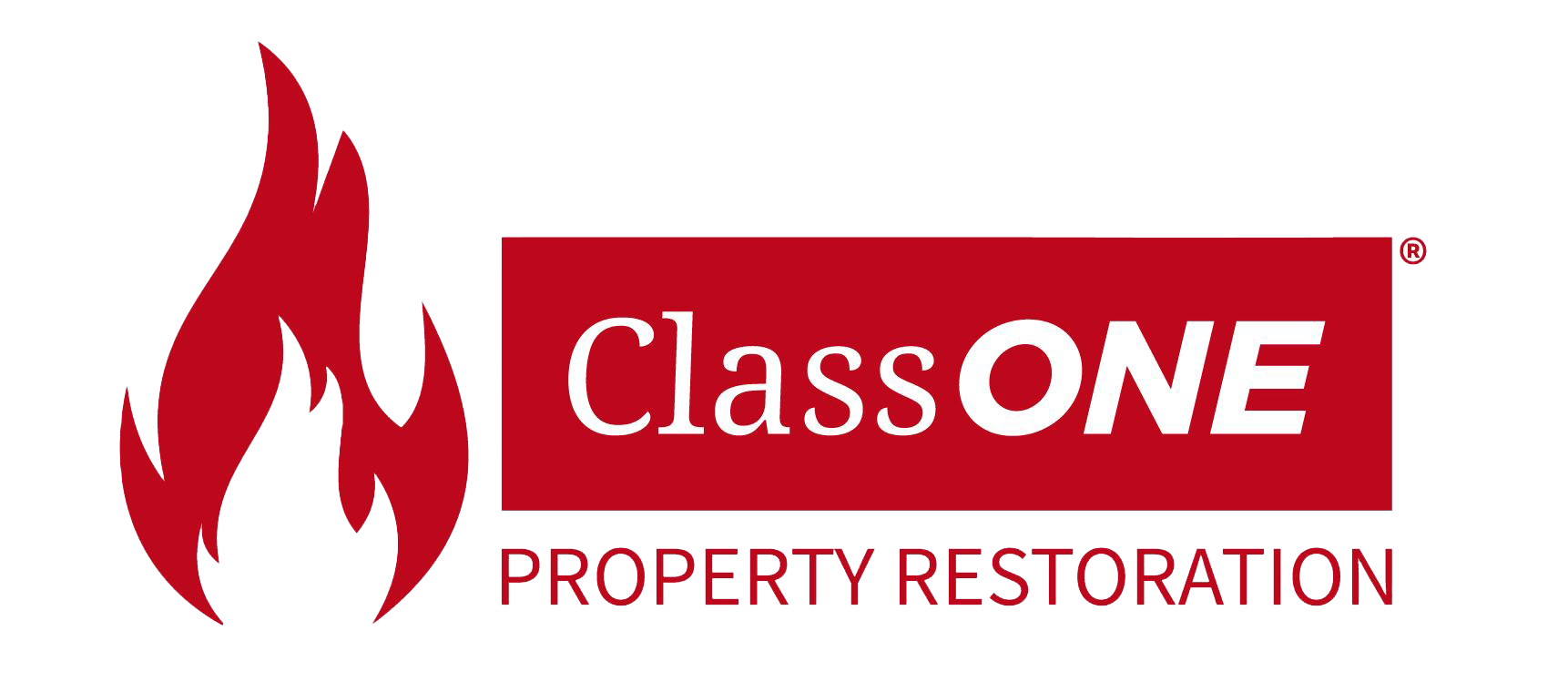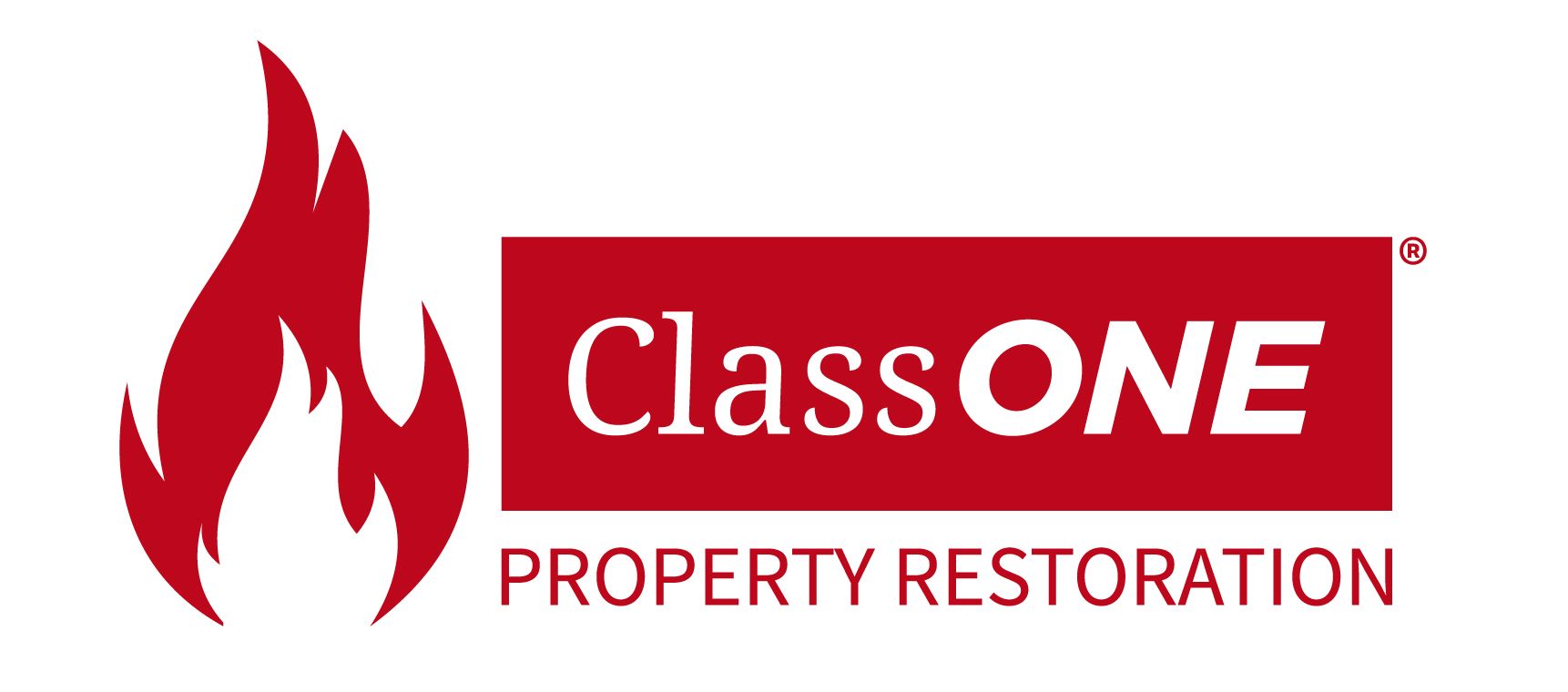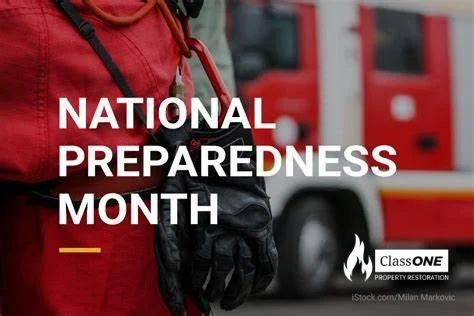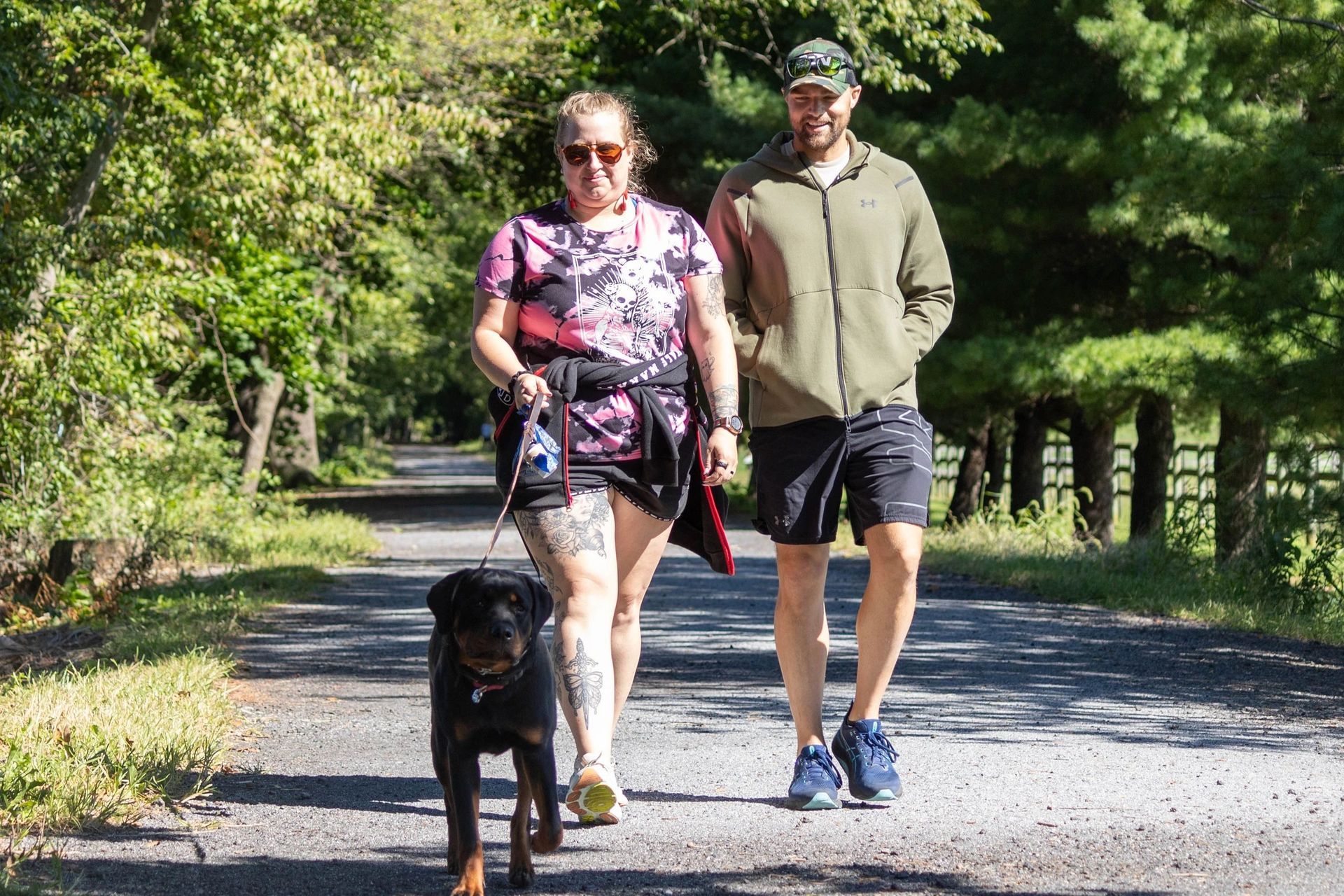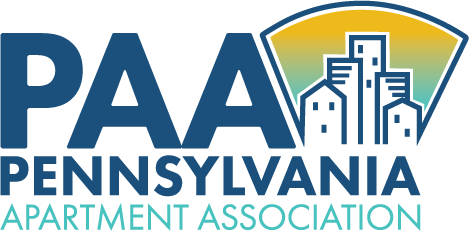September is recognized as National Preparedness Month, a crucial time dedicated to encouraging Americans to prepare for disasters and emergencies. This annual event, driven by the Federal Emergency Management Agency (FEMA), underscores the importance of planning and safeguarding lives and property.
Natural and man-made disasters can strike unexpectedly, and the COVID-19 pandemic has amplified the necessity for readiness. This month's theme, "Preparing for the Unexpected," reminds us that effective preparation can mitigate the impact of unforeseen events.
Tips for National Preparedness Month:
1. Create an Emergency Plan:
- Family Communication: Establish a communication plan. Decide on meeting spots and ways to contact each other if separated.
- Evacuation Routes: Know your community's evacuation routes. Practice different routes to increase familiarity and confidence.
2. Build an Emergency Kit:
- Essentials: Assemble a kit with water, non-perishable food, medications, flashlight, batteries, and important documents.
- Personal Items: Include items like prescription glasses, pet supplies, and hygiene products. Tailor the kit to your family's specific needs.
3. Stay Informed:
- Weather Alerts: Use reliable sources for weather alerts and updates. Sign up for emergency notifications through local services.
- Local Resources: Familiarize yourself with community resources, shelters, and official communication channels.
4. Safeguard Important Documents:
- Documentation: Keep copies of insurance policies, identification cards, and bank information in water-proof containers.
- Digital Backups: Store digital copies of essential documents on a secure cloud service for easy access.
5. Learn Basic Safety Skills:
- First Aid: Take a first aid and CPR class. Knowing basic first aid can be life-saving in an emergency.
- Fire Safety: Learn how to use a fire extinguisher and understand how to execute a fire escape plan.
6. Protect Your Property:
- Insurance: Review and update insurance policies to ensure adequate coverage.
- Maintenance: Regularly inspect and maintain your home. Secure large furniture and address potential hazards.
7. Community Involvement:
- Volunteer: Engage in local volunteer opportunities with organizations involved in disaster response.
- Educate: Share preparedness knowledge within your community, helping others to understand the importance of being ready.
Preparedness reduces fear, anxiety, and losses that accompany disasters. National Preparedness Month encourages proactivity, empowering individuals and communities. Taking steps now fosters resilience, ensuring that when the unexpected happens, we're ready to face it head-on.
